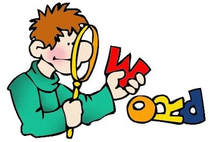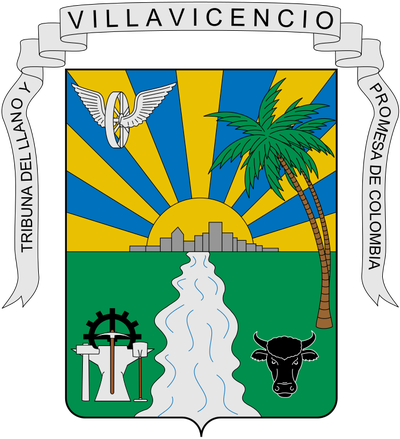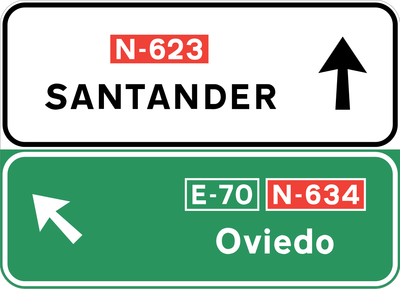 Today I want to talk about a situation I have witnessed with my students, which I am sure many teachers have too. On occasions, a student is reading a paragraph aloud, with apparent fluency and accuracy, when suddenly they will stumble over one word. And that word does not even have to be the longest in the text! Why does that happen? If you ask the student if they know the word they stumbled with, they probably say they don’t. In fact, that often happens with names of people or places they are not familiar with. If a student can read long words they are familiar with but then they stumble over an unknown word, then the problem is with their decoding skills. We have two main ways to read a word:
However, when we encounter a new word, we cannot identify it, and we quickly switch to our decoding mode, to be able to read it. Next time we encounter that word, we probably won’t need to do that again, since we will be able to identify it. So, if a student can read known words but have difficulties reading an unknown word, what happens is that the student has difficulties decoding each letter into a sound. Many Spanish heritage language learners did not develop their decoding skills to their fullest, in part because these skills are not as necessary in English. That doesn’t mean they don’t know the alphabet in Spanish. Probably, the student is not used to switching to the decoding mode of reading, but some practice will refresh and strengthen those skills. The best way to practice decoding skills is with unknown words, of course. You can create made-up words o give them words that you know they don’t know, and ask them to read them. The goal is not to memorize them, but to decode them. For this practice, once they successfully read the word, there is no need to go over it. After that, they would not be “reading” (decoding) the word, they would be “saying” it. Using names of not well-known cities can be a good idea: becoming familiar with those names might be useful (more useful than learning a made-up word) but we are not burdening the student with also learning the meaning of the new word. Of course, learning new words with their meaning is important, but for this practice, the goal is being able to easily go over each letter and saying that word, so that when they encounter a new word in their reading, they can read it successfully. Happy decoding! Decode this! Click here to hear parangaricutirimicuaro. Click here to hear Mary Poppins in Spanish. Click here to hear another interesting word. ***********************
Have you encountered any interesting spelling error (frequent or not) you would like me to write about? Feel free to let me know in a comment.
0 Comments
Leave a Reply. |
BLOG ON SPELLING
This is a blog about spelling in Spanish Heritage Language Learners. Some posts will be in Spanish and some in English. Feel free to ask your questions in the comments section.
Archives
September 2023
Popular Posts
Made-up words and other fipers. Tips for teaching stress marks. Los hablantes nativos y la ortografía |




